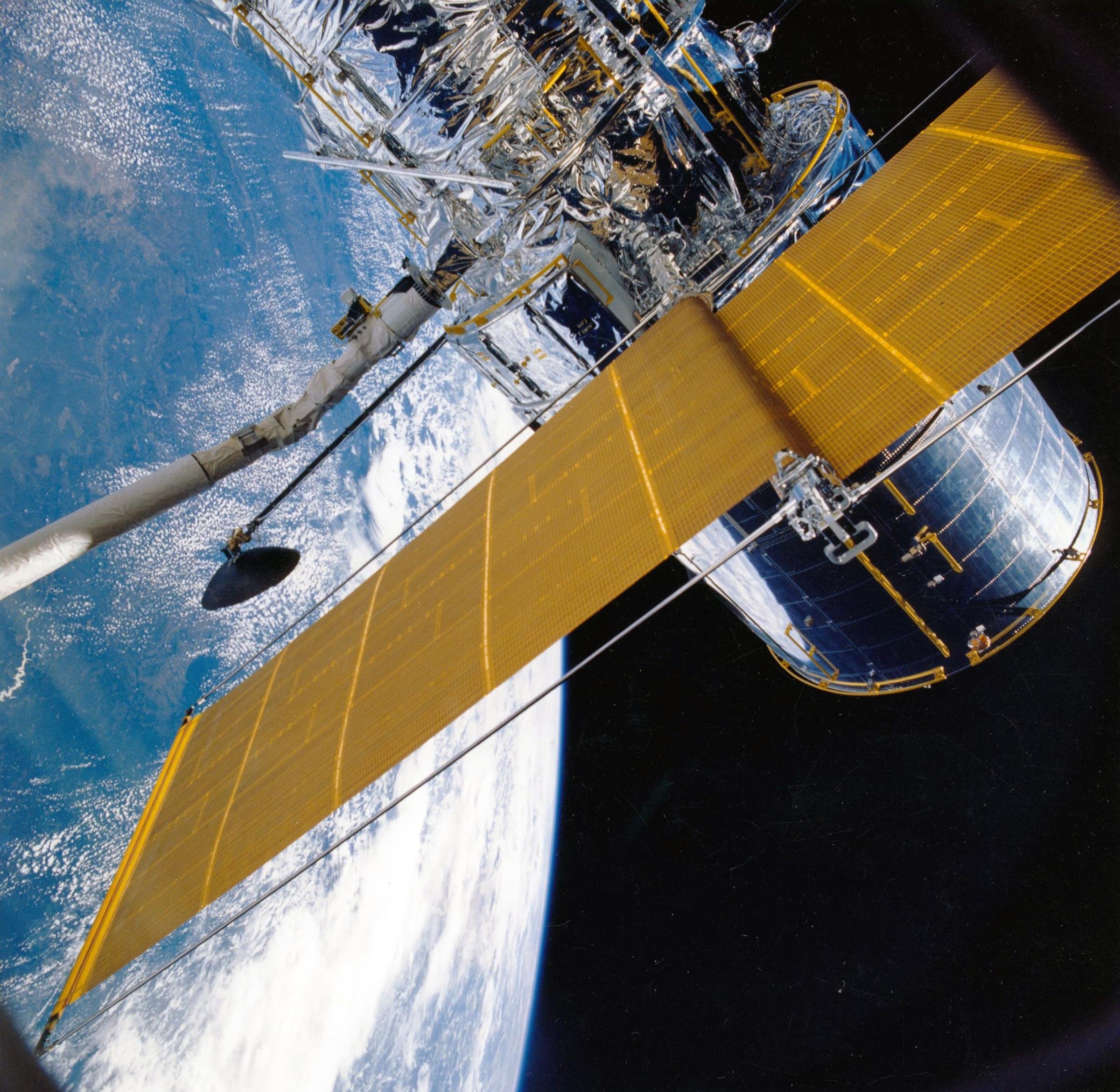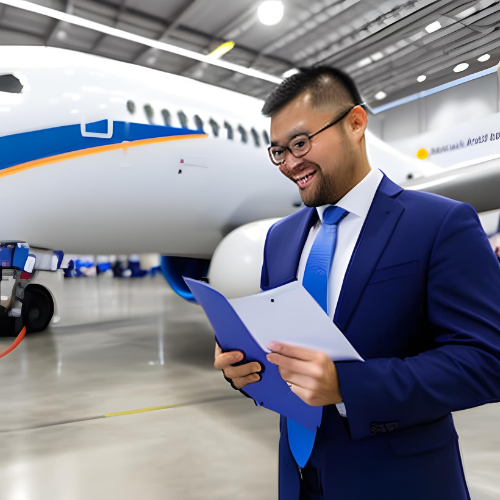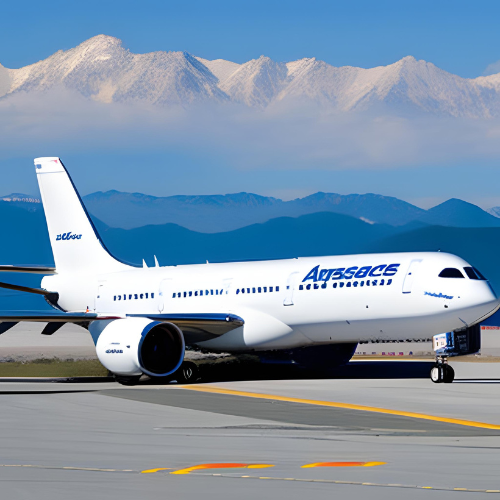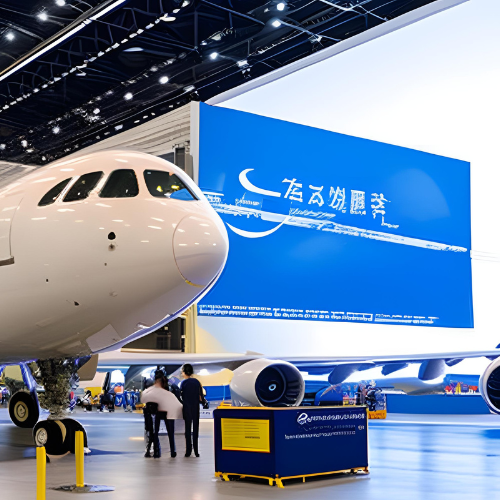The world of aerospace events is an exciting, dynamic, and fast-evolving one, with new technologies, innovations, and breakthroughs emerging every year. This article aims to give you an in-depth look at the future of aerospace events and what we can expect in the coming years.
To start with, it’s important to understand that the aerospace industry is experiencing a massive transformation. From the burgeoning private space sector to the rise of new-age technologies like autonomous systems, additive manufacturing, and 3D printing, the industry is undergoing a rapid shift.
As such, it’s no surprise that aerospace events are also reflecting this transformation. With new players and technologies coming into the fray, we can expect a host of changes and innovations in the way these events are conceptualized, executed, and experienced.
Here are some trends and developments that we can expect to see in the future of aerospace events:
Increased Focus on Sustainability
With growing environmental concerns and a need for eco-friendly practices, aerospace events will increasingly emphasize sustainable practices. From minimizing waste and reducing carbon footprints to incorporating renewable energy sources and biodegradable materials, sustainability will be a key aspect of these events.
In fact, some events are already leading the way in this regard. For instance, the Farnborough International Airshow held in the UK is aiming for zero waste and is committed to minimizing its carbon footprint.
Convergence of Technologies
One trend that is going to shape the future of aerospace events is the convergence of different technologies. Aerospace events will increasingly integrate a range of technologies ranging from virtual reality, augmented reality, and artificial intelligence to drones, autonomous systems, and the Internet of Things.
For instance, events could use AR/VR to offer virtual tours and demonstrations of aircraft, aerospace technology, and infrastructure. Drones and autonomous systems could be deployed to handle logistics and maintenance, while AI could help personalize attendees’ experiences.
Increased Emphasis on Safety and Security
In the wake of incidents such as the MH370 and 9/11 attacks, safety and security will continue to remain a key focus of aerospace events. To ensure the safety of attendees, events could invest in state-of-the-art security systems, as well as training and certifications for staff.
Similarly, enhanced safety protocols could be put in place to deal with emergencies and natural disasters. For instance, events could have contingency plans in place to deal with situations such as fires, earthquakes, or extreme weather.
Expansion of Private Space Sector Events
As the private space sector continues to grow, we can also expect more events relating to the sector. From conferences and symposiums to exhibitions and workshops, there will be a wide range of events catering to the interests of investors, enthusiasts, and the general public.
For instance, the Private Spaceflight Federation hosts an annual conference called the NewSpace Conference, which brings together leading space companies, entrepreneurs, and investors. Similarly, the Space Symposium held in Colorado is a premier event for space industry professionals, attracting attendees from around the world.
Growth of Commercial Aviation Industry Events
In parallel with the burgeoning private space sector, we can also expect a growth in commercial aviation industry events. These events will cater to the needs of airlines, aircraft manufacturers, airport operators, and other stakeholders in the aviation industry.
From trade shows and exhibitions to conferences and symposiums, these events will showcase the latest innovations and technologies in the field. For instance, the Paris Air Show, held annually, is a premier event for the aviation industry, attracting over 300,000 visitors from all over the world.
Rise of Hybrid Events
The COVID-19 pandemic has forced the events industry to adapt and innovate, and one trend that is likely to continue in the future is hybrid events. These events combine both online and offline components, allowing participants to attend and interact either virtually or in person.
Hybrid events could give organizers greater flexibility and access to a wider audience, while attendees can participate from anywhere in the world. For instance, the Aviation Week Network, which hosts a range of aerospace events, has announced plans to host hybrid events in the future.
Conclusion
Overall, the future of aerospace events looks promising and exciting, with a host of new technologies, innovations, and trends set to shape the industry. From sustainability and convergence of technologies to increased emphasis on safety, security, and personalization, aerospace events will continue to provide a platform for stakeholders to come together, share ideas, and shape the future of the industry.
We welcome any suggestions or questions. You can email us or contact us using the contact page.
You can also connect with us on the following social networks:









0 Comments